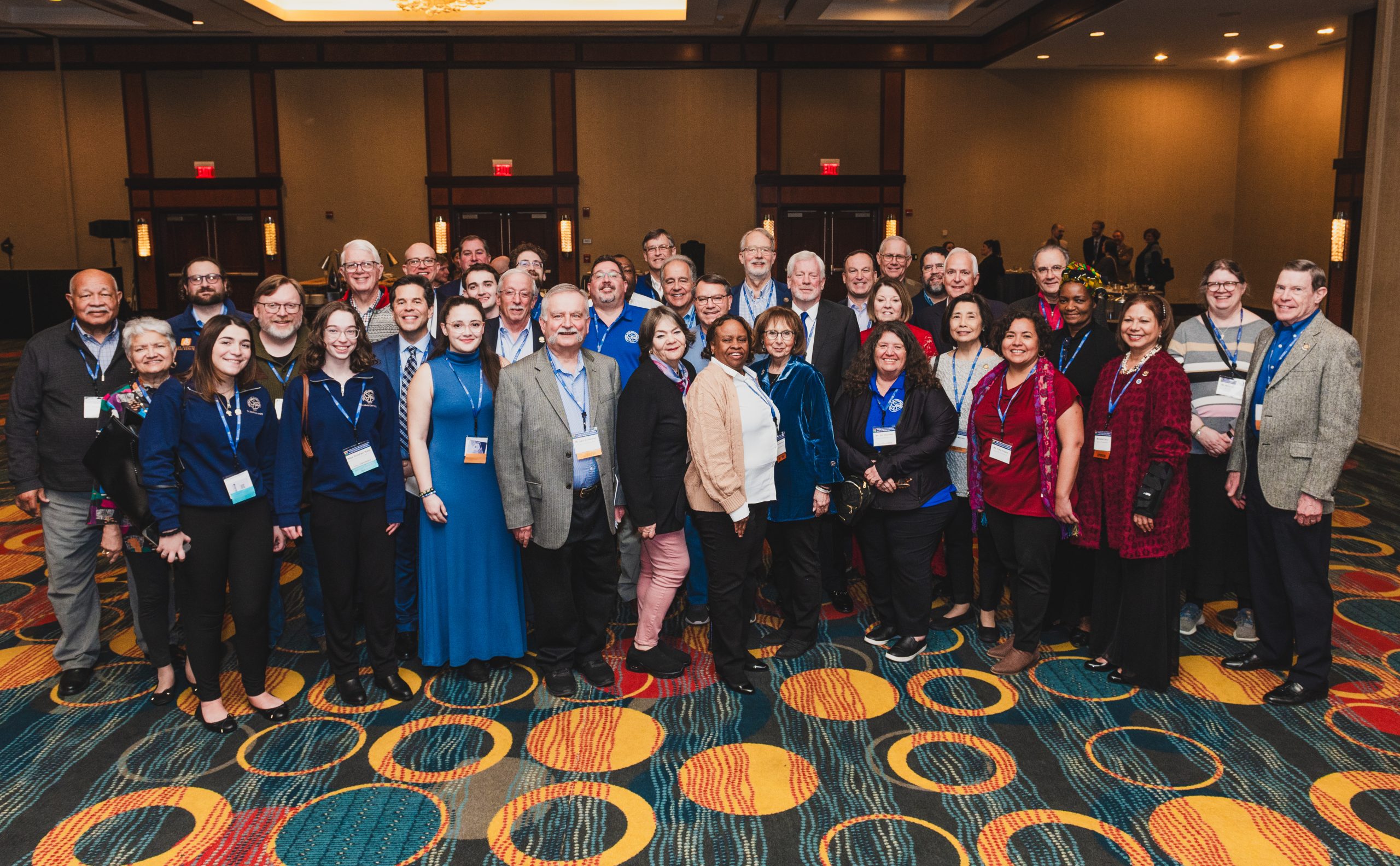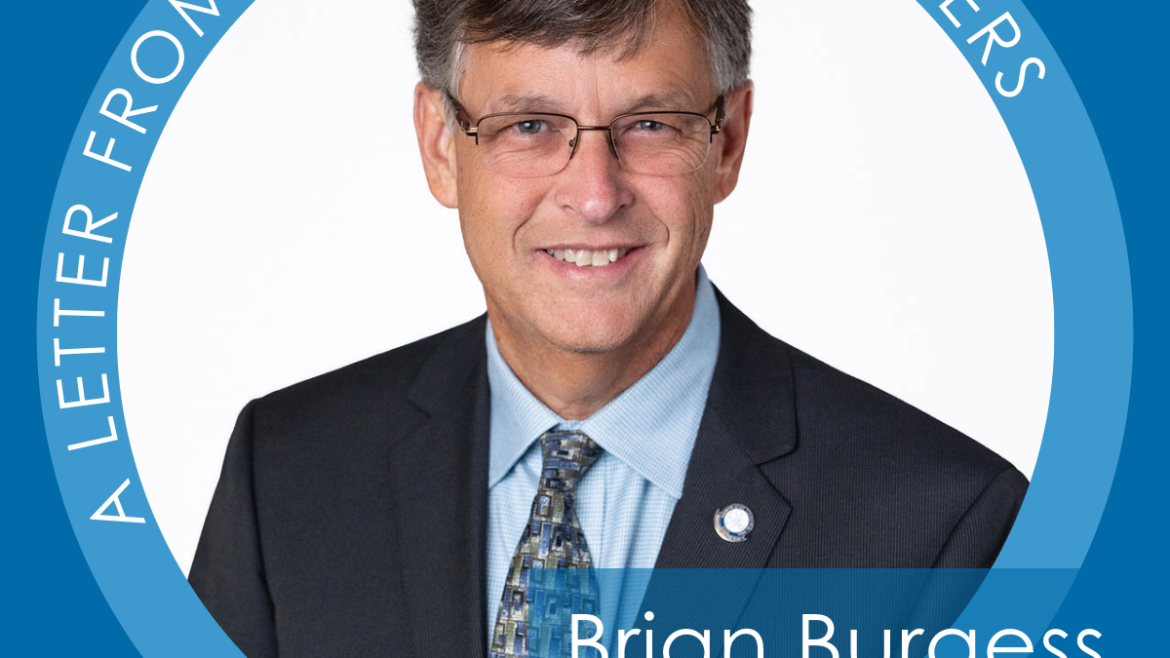Are You a Virtuous Vincentian?
The classic definition of “virtue” is “a good quality or habit that reflects high moral standards.” We all know the three theological virtues — faith, hope, and love — and some may even remember the cardinal virtues: prudence, temperance, justice, and fortitude.
But how many of us know and try to cultivate the five Vincentian virtues? You heard about them at Ozanam Orientation, and they appear in the Rule, but unless they’re a part of your daily life and vocation, they are easy to forget.
So, let’s review:
The first is SIMPLICITY. In the context of our vocation, this means being plain-spoken and transparent, eschewing ostentation and vainglory, not cultivating secret grievances or hidden agendas. Simplicity means that what you see is what you get.
The second is HUMILITY, for us perhaps the greatest of virtues. Humility doesn’t mean self-abnegation or detraction. Far from it. Humility means honestly admitting our strengths and our weaknesses and then relying on God’s grace to make up the difference. As T.S. Eliot said, “The only wisdom we can hope to acquire is the wisdom of humility.”
GENTLENESS is the third Vincentian virtue. Gentleness involves smoothing the hard edges of our personalities for the sake of others. It means treating everyone we encounter — including those we serve and those we serve with — respectfully and with grace and compassion.
The fourth virtue is SELFLESSNESS, which means placing the well-being of others, especially the poor, ahead of our own. As the Rule says, selflessness means, “Dying to our ego with a life of self-sacrifice; members share their time, their possessions, their talents and themselves in a spirit of generosity.” (2.5.1)
Finally, the fifth Vincentian virtue is ZEAL. For us, zeal is a passion for our work and the cause of those we serve. It is a heartfelt longing to see “the full flourishing and eternal happiness of every person.” (Rule 2.5.1)
Now, the fact is that there are more than 80,000 Vincentians in the United States. We each have our own personalities and experiences. We’re all at different points in our personal pathways of Christian discipleship. The result is that not all of us excel at all the virtues all the time. That’s to be expected — and it’s perfectly okay, so long as we keep at it!
For instance, the Vincentian I know best (that would be me), is full of zeal but could use a lot more humility. He’s relatively selfless but needs to work harder on gentleness. It’s okay. The Vincentian vocation is a lifelong school, and as with any skill or quality worth possessing, the virtues take time and practice to acquire.
But be warned: If we embrace and fully live the five Vincentian virtues, we will inevitably find ourselves more and more estranged from the world in which we live, and even from friends and family. We live in a time and culture that hates humility, that mocks gentleness, that equates simplicity with stupidity, that laughs at selflessness, that only honors zeal in pursuit of self-interest. The nature of our charism as Vincentians means that if we do this work and live these virtues, we will inevitably be countercultural, a sign of contradiction, hated and despised by some, laughed at by others.
That’s okay … in fact, it’s more than just okay. It is what we should expect. It’s even what we should hope and pray for!
After all, our Lord said, “Blessed are you when people insult you, persecute you and falsely say all kinds of evil against you because of me. Rejoice and be glad, because great is your reward in heaven, for in the same way they persecuted the prophets who were before you.” (Matthew 5:11, 12)
A parish in my town has a wayside pulpit on a busy intersection. Recently, it featured this question: “If you were arrested for being a Christian, would there be enough evidence to convict you?” As Vincentians and Catholics that should be a question that haunts us. It’s a question of integrity, and it really boils down to this: have we so blended what we claim to believe with how we live that there could be no judgment but “guilty?” The practice of simplicity, humility, gentleness, selflessness, and zeal in this vocation of charity all but guarantees it. And thank God for that.
Yours in Christ,
Mark Gordon
National Vice President, Northeast Region


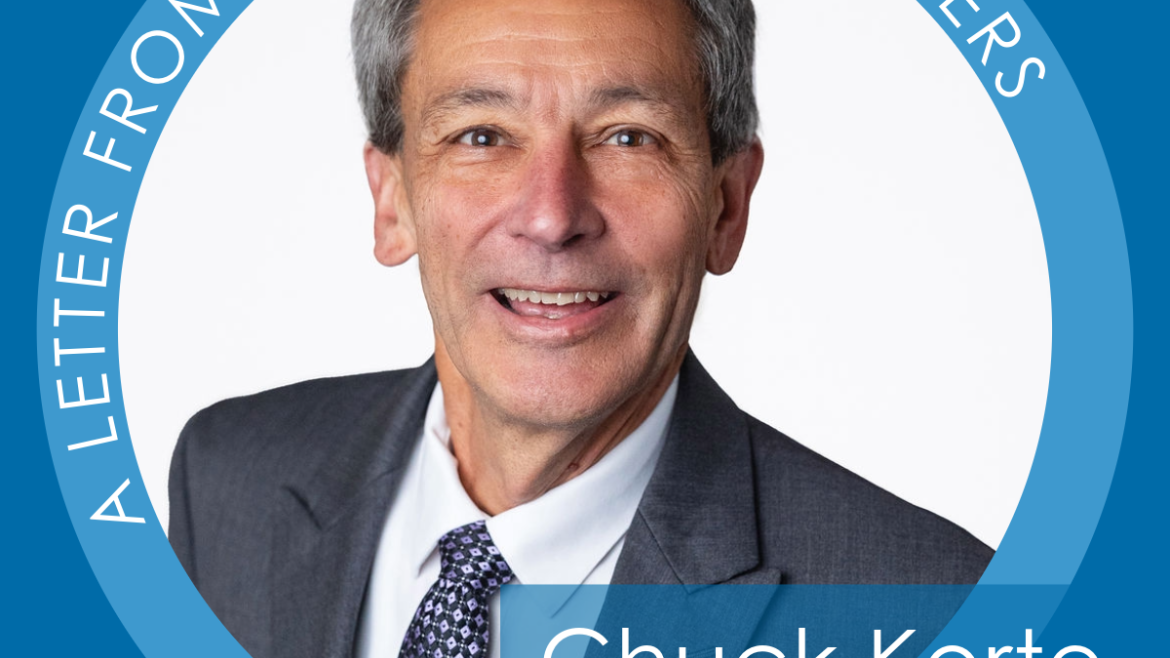


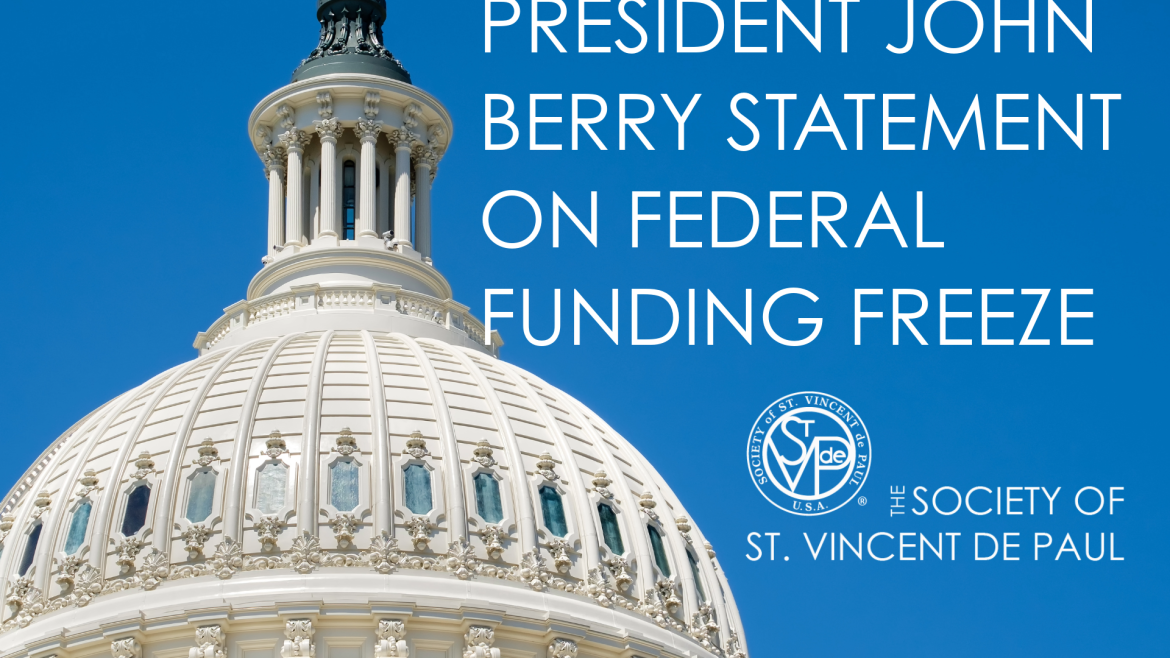
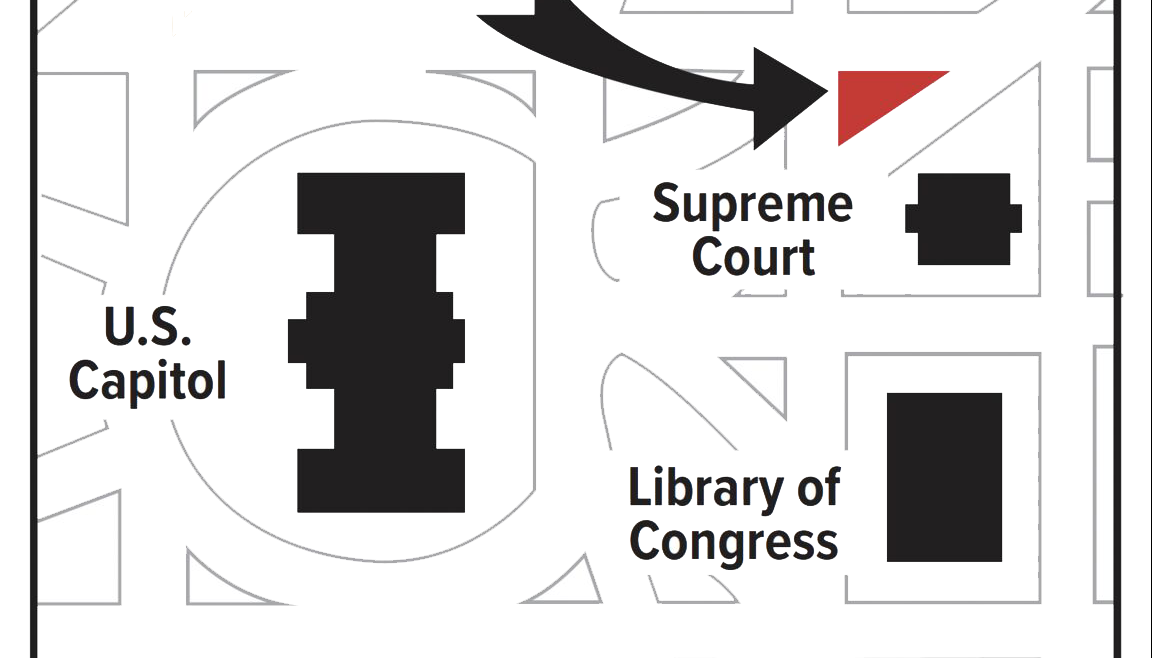
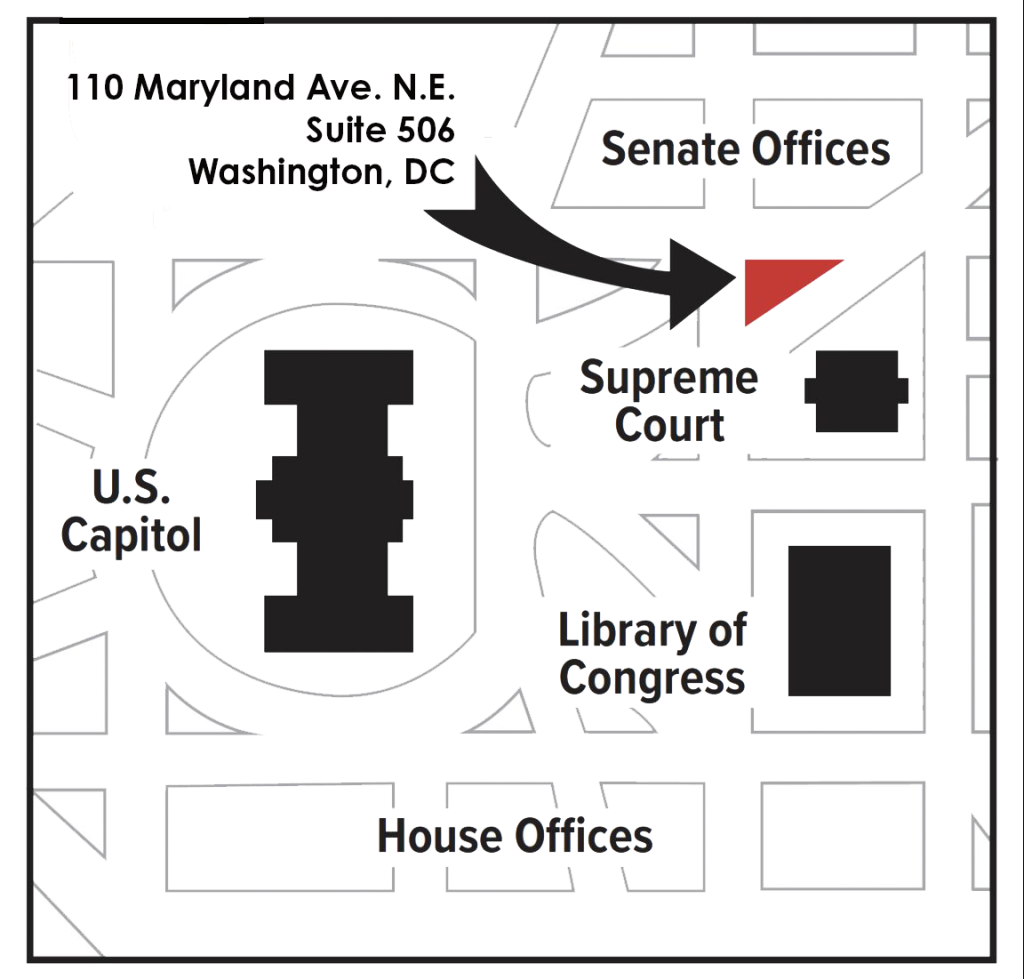 Published January 28, 2025
Published January 28, 2025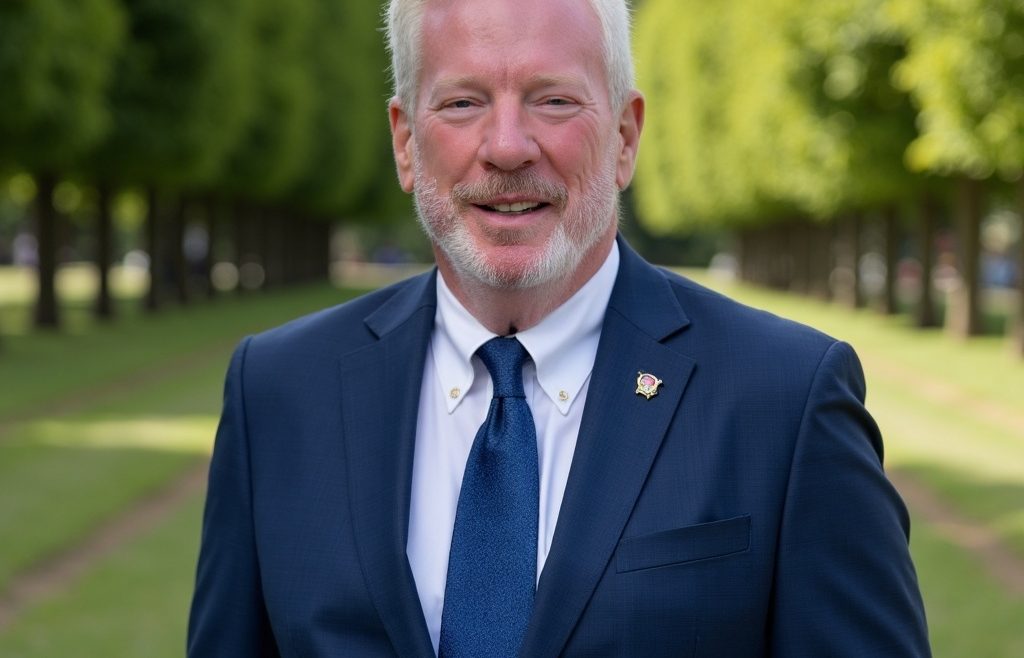
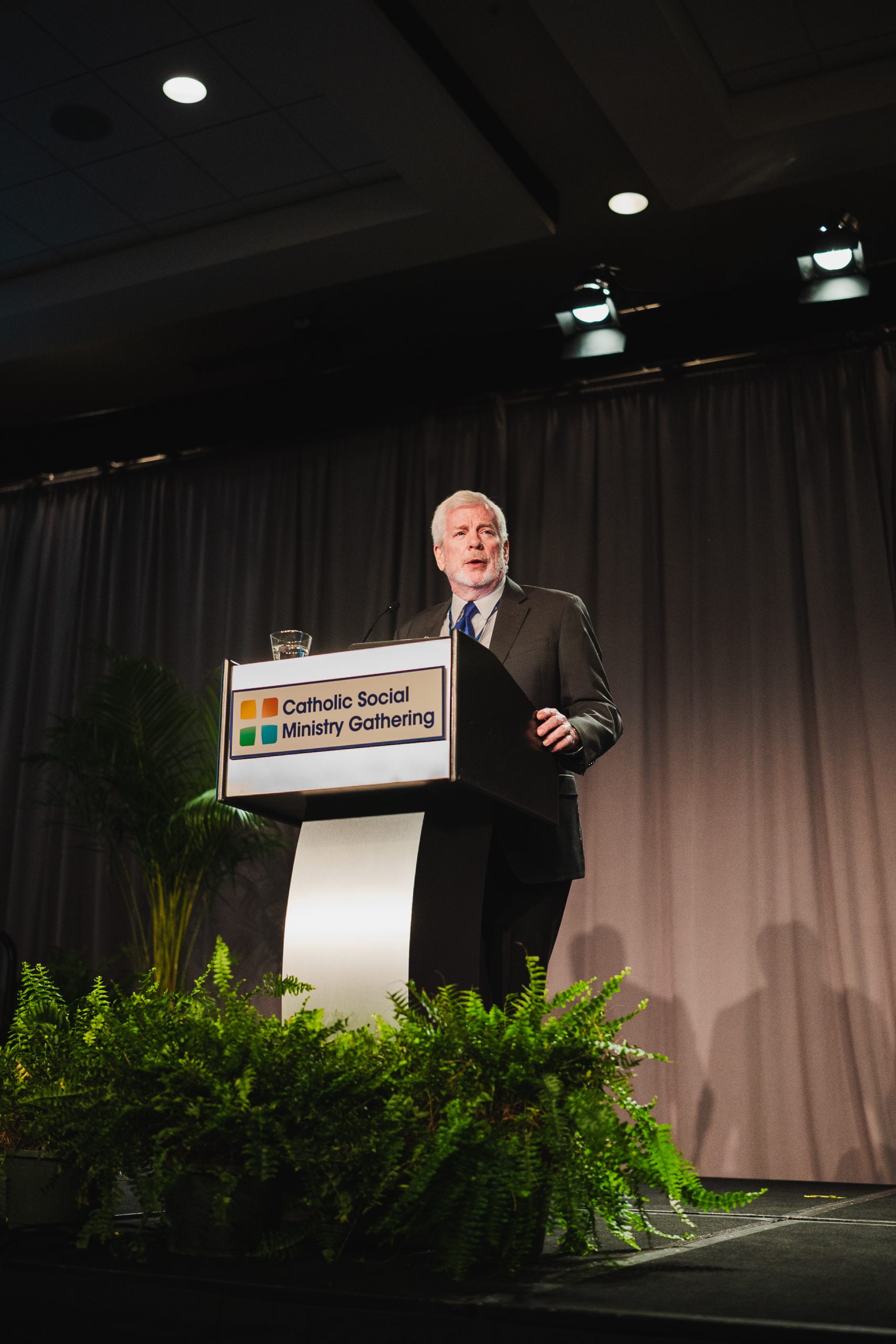 During our time together, we will be discussing issues important to our ministries and those we serve. We will discuss the calls to action required to address the many needs in the world. And we will also celebrate the profound joy that comes from growing in holiness through our response to Christ’s call to feed the hungry, clothe the naked, give shelter to the homeless, welcome the stranger, minister to the sick, and visit the prisoner. The work of every Ministry represented here is a vital lifeline for countless people in need, individuals and families often standing at the brink of despair, searching for a glimmer of hope.
During our time together, we will be discussing issues important to our ministries and those we serve. We will discuss the calls to action required to address the many needs in the world. And we will also celebrate the profound joy that comes from growing in holiness through our response to Christ’s call to feed the hungry, clothe the naked, give shelter to the homeless, welcome the stranger, minister to the sick, and visit the prisoner. The work of every Ministry represented here is a vital lifeline for countless people in need, individuals and families often standing at the brink of despair, searching for a glimmer of hope.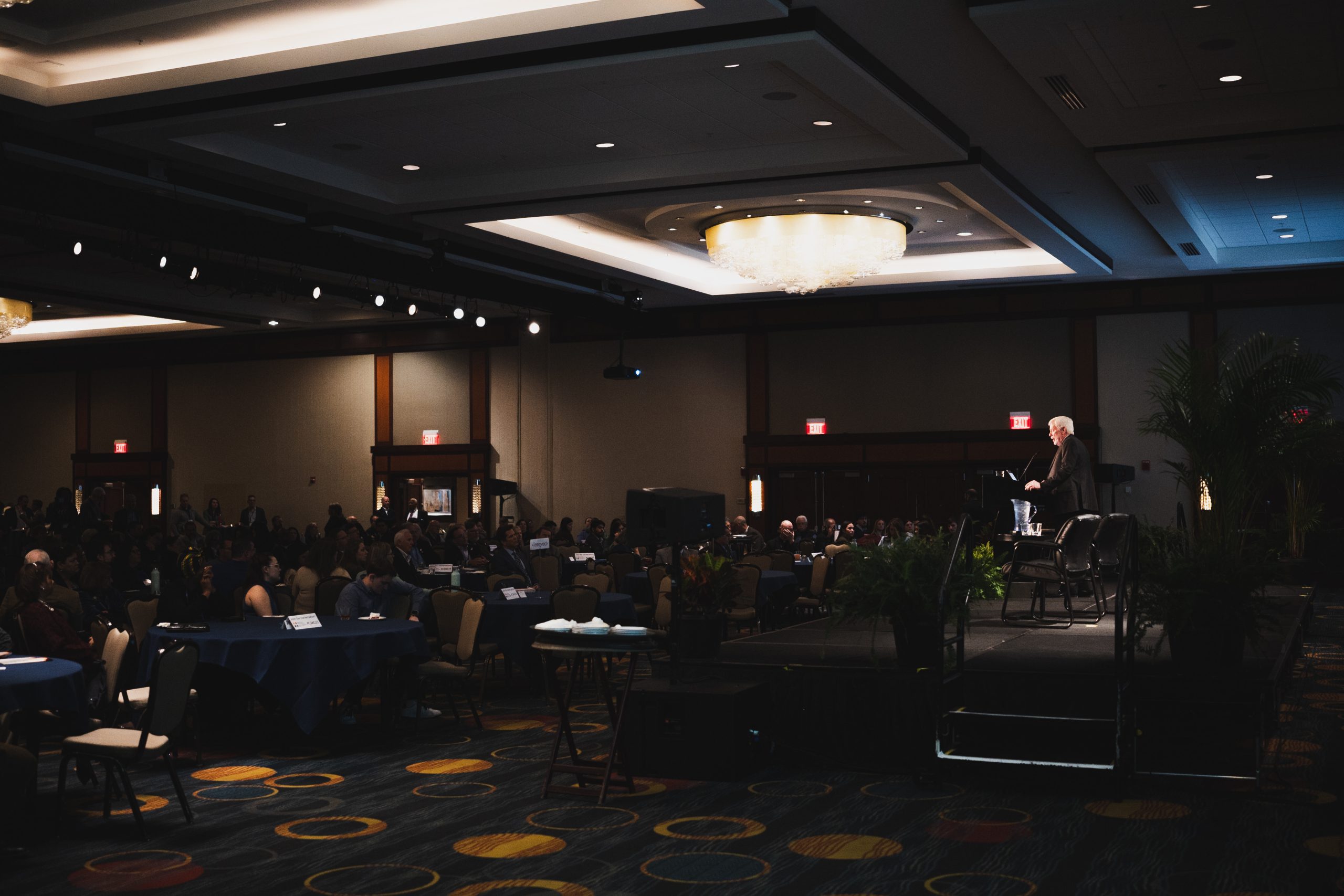 Our call to serve the poor, the refugee, the sick, and ALL those who suffer injustice and oppression is deeply rooted in Scripture. The Old Testament prophets often reminded Israel of their duty to care for the marginalized. We hear
Our call to serve the poor, the refugee, the sick, and ALL those who suffer injustice and oppression is deeply rooted in Scripture. The Old Testament prophets often reminded Israel of their duty to care for the marginalized. We hear 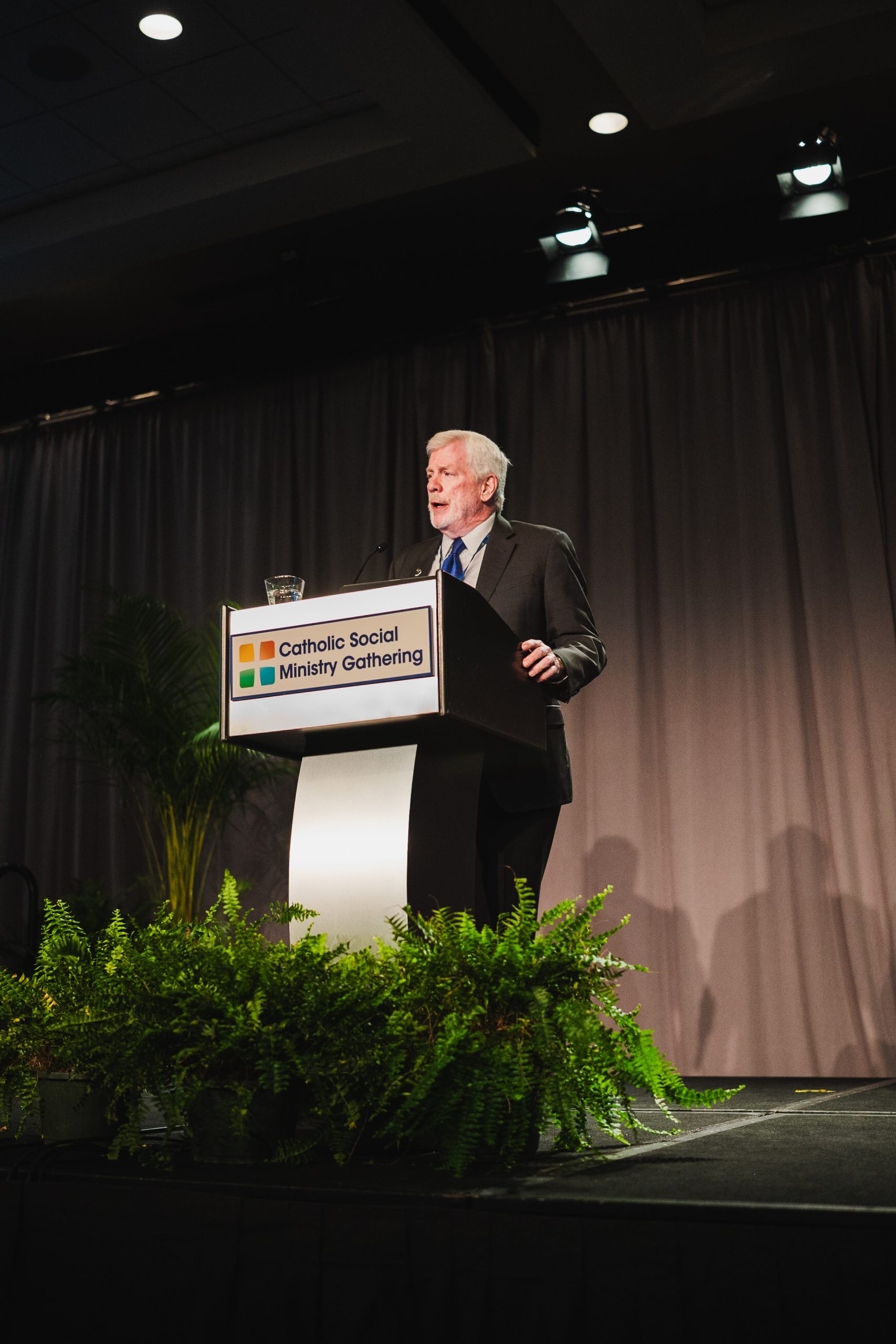 Our Vincentians understand the words that
Our Vincentians understand the words that 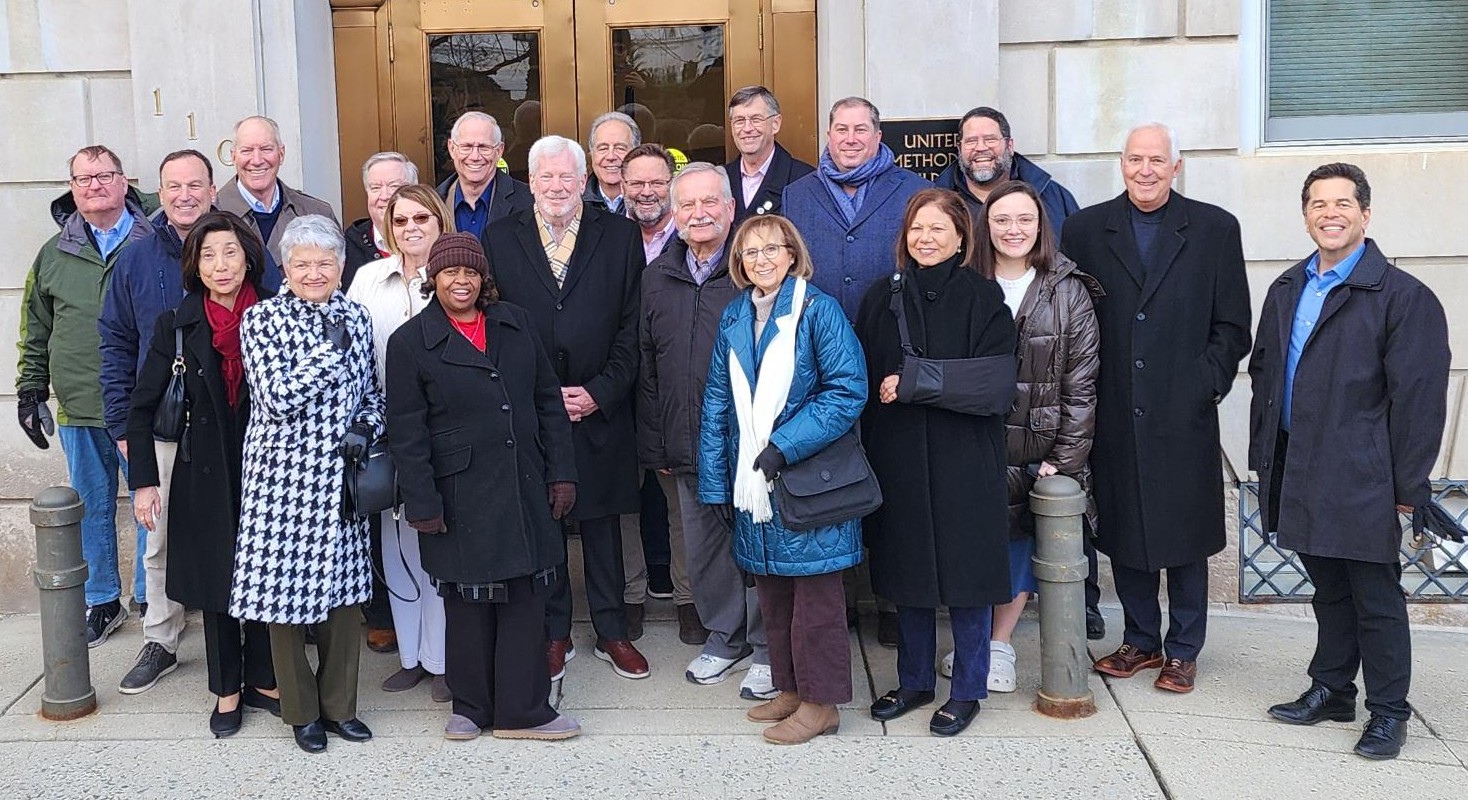 The stark and shocking reality of America and the world today is that millions of our brothers and sisters lack basic necessities — affordable housing, nutritious food, and quality healthcare. Families live on the streets, children go to bed hungry, and the cycle of poverty persists. Imagine a mother putting her children down to sleep on a cold night like tonight — with no bed and no roof overhead. Or a child going to school hungry, unable to focus on learning. This is the reality WE must change.
The stark and shocking reality of America and the world today is that millions of our brothers and sisters lack basic necessities — affordable housing, nutritious food, and quality healthcare. Families live on the streets, children go to bed hungry, and the cycle of poverty persists. Imagine a mother putting her children down to sleep on a cold night like tonight — with no bed and no roof overhead. Or a child going to school hungry, unable to focus on learning. This is the reality WE must change.